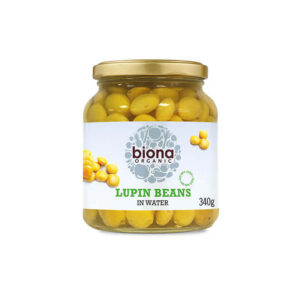Uses of Table top pH meter
- Analytical Chemistry:
Used for precise pH measurements in various chemical analyses, helping to determine the concentration of acids and bases.
- Biological Studies:
Essential for maintaining the pH of growth media in microbiology and cell culture experiments, as pH can significantly affect cellular activities.
- Environment
Employed in water quality assessments to measure the pH of natural water bodies, wastewater, and drinking water, helping to monitor environmental health.
- Food and Beverage Industry:
Used to test the pH of products like wine, beer, and dairy to ensure quality and safety standards are met.
- Pharmaceuticals:
Important for ensuring that the pH of drug formulations is within acceptable ranges, impacting stability and efficacy.
- Education:
Commonly used in educational settings to teach students about acid-base chemistry and to perform experiments that require pH measurement.
- Soil Testing:
Helps in analyzing soil samples to determine pH, which can influence nutrient availability for plants.
- Industrial Applications:
Utilized in manufacturing processes where pH control is critical, such as in the production of chemicals, textiles, and plastics.
- Research and Development:
Facilitates experiments in various fields by providing accurate pH readings necessary for reproducibility and validation of results.
- Calibration of Other Instruments:
Often used to calibrate other pH measuring devices or to cross-check results.












Adhiambo –
Water Quality Testing: Essential in water treatment plants and environmental testing to monitor the pH of drinking water, wastewater, and natural water sources to ensure they meet safety standards
Macrina –
Chemical Manufacturing: Controls pH during chemical reactions and production processes to ensure quality and safety in the final product
Lyric –
Pharmaceuticals: pH meters are used in drug formulation, quality control, and testing, where pH can impact drug stability, efficacy, and safety.
Zendaya –
Food and Beverage Industry: Monitors pH levels during food production (like dairy, beer, and wine) to ensure safety, flavor, and quality. For example, pH control is crucial in fermentation processes.